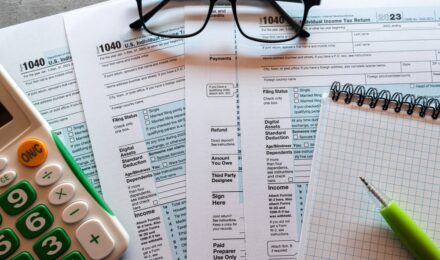As if investors don’t already have enough to worry about, a new report has some grisly numbers. With the stock market hitting highs and state and city taxes going higher, the one thing that one might think would be in better shape would be those disastrous pensions. But alas, shoring up those rickety edifices was not, apparently, much of a priority. In fact, many seem to be reverting to their old ways:
U.S. city and county pensions had 69 percent of assets required to meet obligations to retirees in fiscal 2012, an 11 percentage point drop from the prior year, according to Wilshire Consulting.
Oh, boy…it’s difficult to describe how bad this is. There must be some improvement during this time period or all could be lost. Any recession from here will, in all likelihood, be followed by a declining stock market and falling tax receipts. If they can’t get their act together now, then when exactly? While the pensions did bounce upward in 2013 (so far) the 2012 gains were certainly nothing to write home about as they managed to eke out a profit of about 1% on average.
There could hardly be a larger threat to taxpayers than these pensions. Not only are they woefully under funded, but with the baby boomers retiring at a hefty clip, the strain will do nothing but get worse. Bankruptcy is looking to be a way out for some, but what happens if everybody does it? The municipal bond market is where many investors have large chunks of money. Yes, they could end up holding the bag, but what then? If the Muni market collapses, there will be repercussions beyond the current holders of those bonds. Not only will those very same people be hurt, but who will be buying the new post-bankruptcy paper? Of course, there will, more than likely, be buyers for all of these fresh-start cities, towns and states, but at what interest rate? Investors will demand sky high returns in exchange and the cycle begins anew.
This is one of those issues that tends to hit the backburner as the fighting in Washington continues unabated. It is, however, a real threat and it is something to keep a close eye on. If you are a muni investor, then it is high time to make sure you have a proper allocation. This could be a rapid fire game of musical chairs during any downturn in the economy. If you are stuck without a seat when the music stops, it would be prudent that you don’t have too much riding on that outcome.
As if investors don’t already have enough to worry about, a new report has some grisly numbers. With the stock market hitting highs and state and city taxes going higher, the one thing that one might think would be in better shape would be those disastrous pensions. But alas, shoring up those rickety edifices was not, apparently, much of a priority. In fact, many seem to be reverting to their old ways:
U.S. city and county pensions had 69 percent of assets required to meet obligations to retirees in fiscal 2012, an 11 percentage point drop from the prior year, according to Wilshire Consulting.
Oh, boy…it’s difficult to describe how bad this is. There must be some improvement during this time period or all could be lost. Any recession from here will, in all likelihood, be followed by a declining stock market and falling tax receipts. If they can’t get their act together now, then when exactly? While the pensions did bounce upward in 2013 (so far) the 2012 gains were certainly nothing to write home about as they managed to eke out a profit of about 1% on average.
There could hardly be a larger threat to taxpayers than these pensions. Not only are they woefully under funded, but with the baby boomers retiring at a hefty clip, the strain will do nothing but get worse. Bankruptcy is looking to be a way out for some, but what happens if everybody does it? The municipal bond market is where many investors have large chunks of money. Yes, they could end up holding the bag, but what then? If the Muni market collapses, there will be repercussions beyond the current holders of those bonds. Not only will those very same people be hurt, but who will be buying the new post-bankruptcy paper? Of course, there will, more than likely, be buyers for all of these fresh-start cities, towns and states, but at what interest rate? Investors will demand sky high returns in exchange and the cycle begins anew.
This is one of those issues that tends to hit the backburner as the fighting in Washington continues unabated. It is, however, a real threat and it is something to keep a close eye on. If you are a muni investor, then it is high time to make sure you have a proper allocation. This could be a rapid fire game of musical chairs during any downturn in the economy. If you are stuck without a seat when the music stops, it would be prudent that you don’t have too much riding on that outcome.







